Blog Posts Tagged Microfluidics Module

Analyzing a New Droplet-Forming Fluidic Junction with Simulation
A novel oscillatory microfluidic junction design, called a “batwing”, is improving the field of droplet microfluidics by consistently producing uniform and complex double-emulsion droplets.
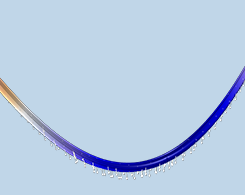
Understand Phenomena in the Viscous Catenary Problem via Simulation
The viscous catenary problem is theoretically and experimentally significant in many industries due to the complex phenomena it entails. Simulation can help us understand this problem.
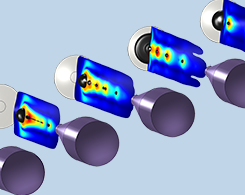
Designing Inkjet Printheads for Precise Material Deposition
The design of an inkjet printhead nozzle is important in order for the device to have precise material deposition, whether it is used in a 2D or 3D printer.
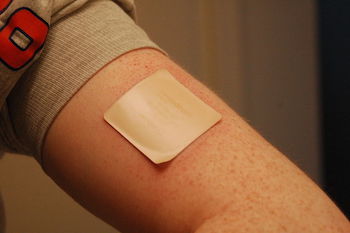
Designing Effective Transdermal Drug Delivery Patches with Simulation
Transdermal drug delivery (TDD) patches are more effective and convenient than traditional drug delivery methods. See how Veryst Engineering simulated the diffusion process in a TDD patch.
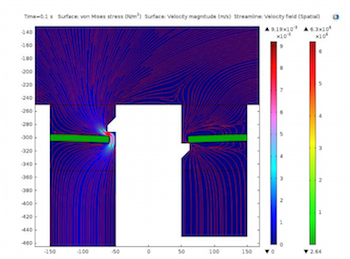
Evaluating an Insulin Micropump Design for Treating Diabetes
Researchers from the University of Ontario Institute of Technology used simulation to develop a MEMS-based micropump that could administer insulin injections in a safe and painless way.
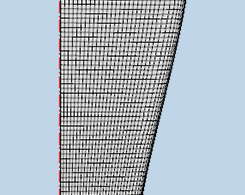
Model How the Bubbles in a Glass of Stout Beer Sink, Not Rise
Ever notice how the bubbles in certain kinds of stout beer sink to the bottom of the glass instead of rising to the top? We explain this phenomenon using fluid flow simulation.
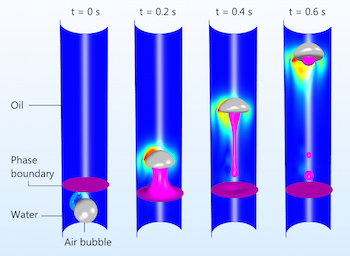
Simulate Three-Phase Flow with a New Phase Field Interface
The Three-Phase Flow, Phase Field interface, used for modeling separated three-phase flow, computes the shape of the interfaces between the 3 phases and accounts for interactions with walls.
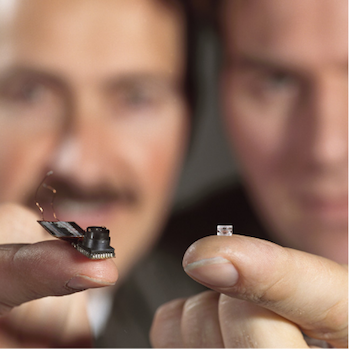
Focusing on an Electrowetting Lens
Simulation can be used to test different viscosity values and analyze the physics of electrowetting lenses, such as those used to change the view angle of cameras.
